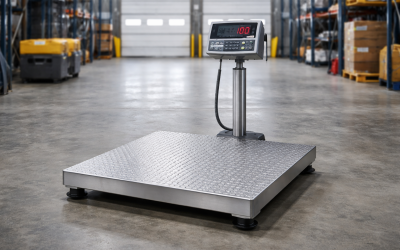Produced water is a byproduct of oil and natural gas production. As a result, produced water treatment is a requirement for oil companies. This process removes contaminants, making it safe to put back into the environment.
Removal of Dissolved Organic Compounds
Many organic compounds dissolve in produced water, contaminating it thoroughly. To remove them, activated charcoal can be helpful. Dissolved organic compounds adsorb into it, removing them from the water.
Chemical ozonation is another process used during produced water treatment. By pumping ozone into produced water, organic compounds precipitate out of it.
Nanofiltration can filter many organic compounds from produced water as well.
Removal of Metals
Produced water also has a high concentration of metals and metal ions. So, ion exchange technologies often do the bulk of the work. However, reverse osmosis may be able to remove some of them.
Removal of Suspended Solids
Microfiltration is used during first-pass processing. Then, ultrafiltration further filters the produced water. Finally, coagulation and sedimentation remove any remaining solids from the water.
Polishing and Tertiary Treatments
In some circumstances, more processing is needed. If produced water has to reenter the environment, polishing treatments can prepare it.
This can help to remove hydrocarbons dissolved at concentrations lower than 10 mg/l.
Tertiary treatments are often used to remove them at even lower concentrations. If regulations specify they must be under 5 mg/l, tertiary treatments would be necessary.
Flatirons Chemicals supplies oil-producing chemicals in the greater Denver area. Visit us at our website at website to learn more about our products and services.


